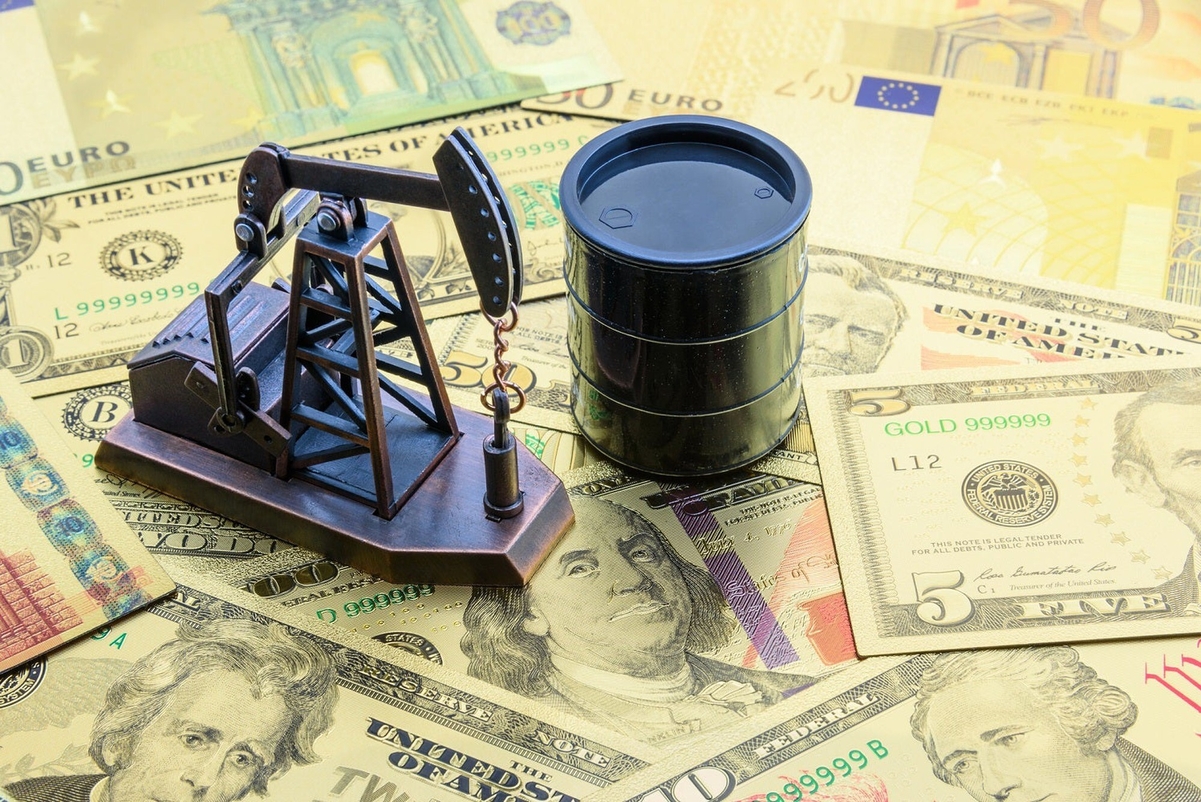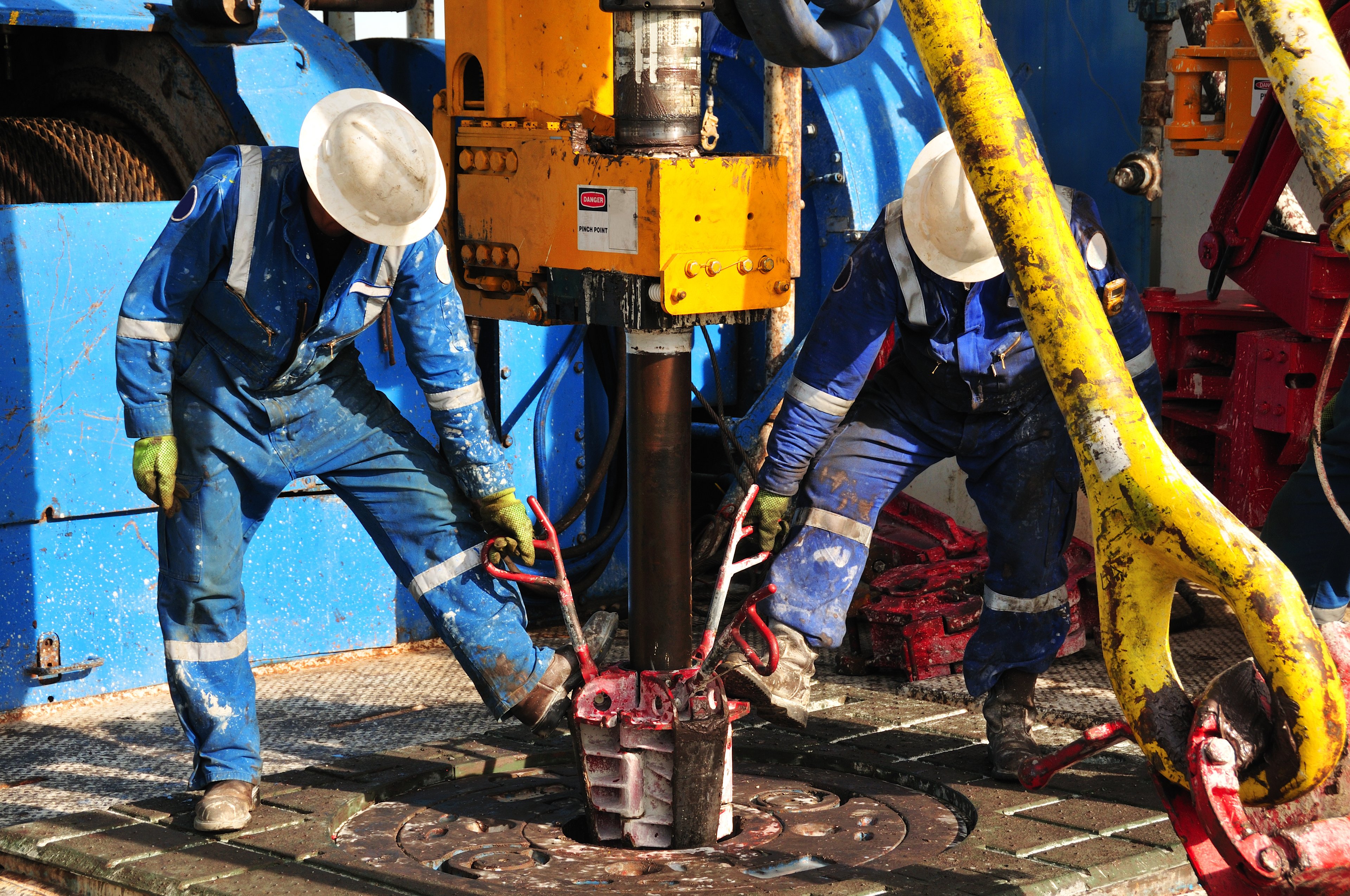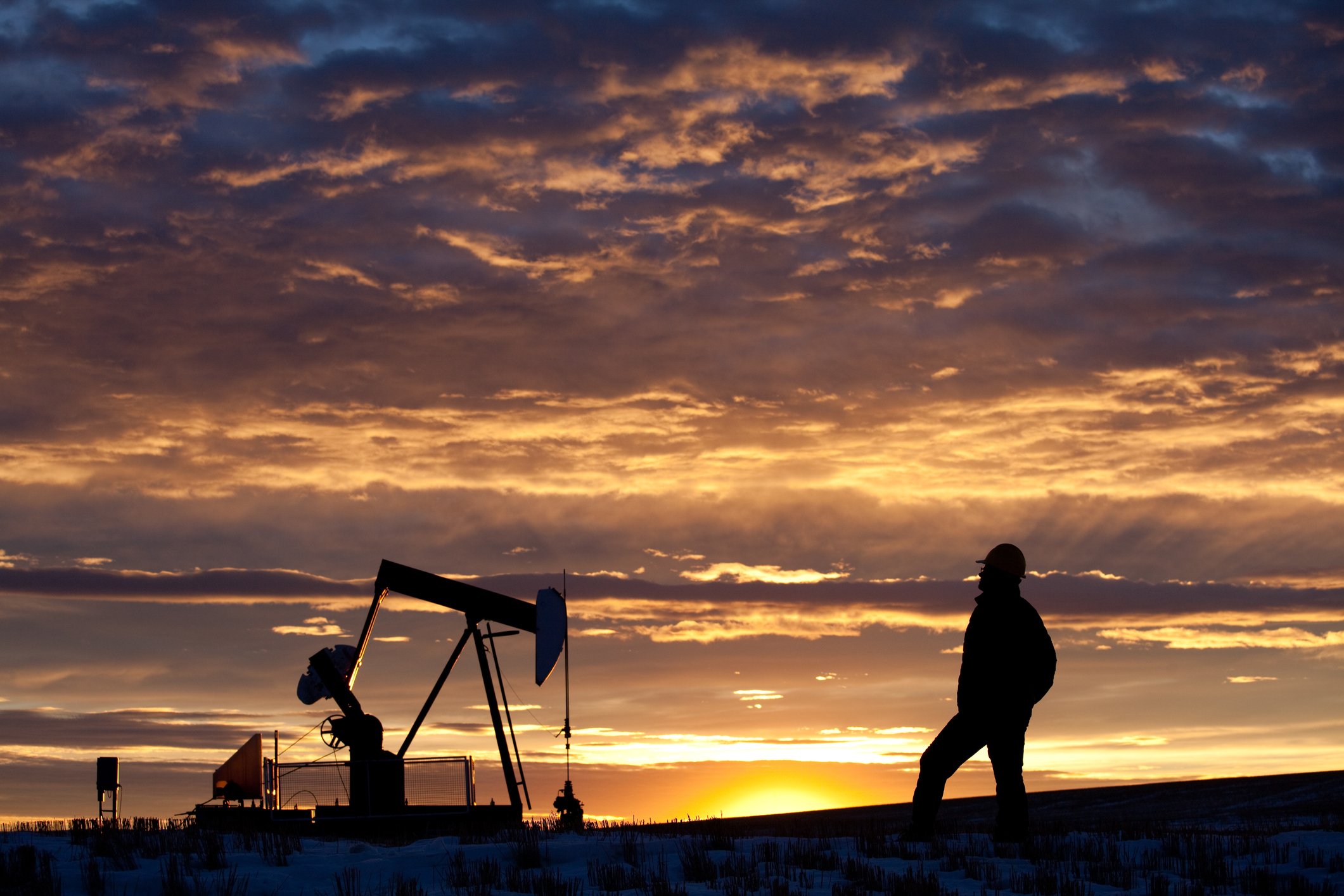Linn Energy LLC (LINE +0.00%) recently announced that it has agreed to acquire gas-rich assets from Oklahoma-based Devon Energy (DVN 0.29%) for $2.3 billion. This is Linn's largest purchase since it acquired Berry Petroleum for $4.3 billion last year. But what does this deal really mean for the two companies?
Devon's transformation continues
Devon Energy continues to transform itself and is now a much stronger and more focused company than it was last year. Only a year ago the company lacked focus and direction but since then the company has made major strategic decisions which have resulted in continued improvement in asset quality.
In a major shift in its strategy, Devon Energy decided last year to divest its natural gas holdings and refocus on more profitable North American crude oil assets. As part of its transformation strategy, the company sold the bulk of its Canadian conventional assets to Canadian Natural Resources (CNQ +1.55%) for $2.8 billion earlier this year, and most recently Devon agreed to sell its oil and natural gas producing acreage across six U.S. states to Linn Energy for $3.2 billion.
Commenting on the Devon-Linn transaction, Global Hunter Securities analysts wrote:
With this sale, we now see a new Devon emerging with fourth quarter as the first clean quarter for the clean, go forward portfolio that is expected to deliver on peer leading growth.
A focus on key assets
This recent sale represents the culmination of Devon's restructuring process, which has improved its medium-term production growth and capex/cash flow balance; this has driven its year-to-date stock outperformance. The Devon-Linn deal covers assets that Devon has already identified as non-core and allows the company to increase its focus on five key assets where it has the ability to earn strong returns.
These five key assets contribute 85%-95% of its production and include three liquid plays, the Eagle Ford, Permian, and Canadian Thermal, and two wet gas plays, the Barnett and Cana plays. The dramatic expansion of Delaware Basin inventory and the $6 billion Eagle Ford acquisition have sharply improved Devon's asset base.
Devon is up 28% YTD, and I think its execution on growth and capex guidance, which have been issues in the past before its restructuring, will be key for its outperformance going forward. The recent assets sale also increases Devon's liquids weighting, which it expects to increase to 60% of total production by the end of the year. It expects multi-year oil production growth to exceed 20%.
Increased liquidity
Devon Energy is expected to use the proceeds of the deal to accelerate key plays, particularly the Permian, the Powder River Basin, and Cana. Devon has executed well on transforming its portfolio from one that contains low-margin assets, including Canadian conventional and US gassy non-core assets, into one that contains higher-margin plays such as the Eagle Ford.
Devon has raised more than $5 billion from the sale of non-core assets in the last few quarters. While the increased financial liquidity will allow Devon to cut its debt by more than $4 billion this year, it also provides Devon with the opportunity to show that it can grow organically driven by the Eagle Ford, Permian, and Canadian Thermal plays. Additional upside comes from the emerging and increasingly improving Powder River and Cana-Woodford plays.
What does this purchase mean for Linn?
As far as Linn is concerned, this purchase is consistent with management's plan to reduce its corporatewide decline rate and capital intensity. To finance the purchase from Devon, Linn will also be selling its Granite Wash assets. The company has secured a $2.3 billion loan.
Linn appears to be essentially swapping 230 million cubic feet of gas equivalent per day, or mmcfe/d, of liquids-rich, higher margin, but higher decline Granite Wash production for 275 mmcfe/d of lower margin, lower decline natural gas production.
Linn Energy was actually formed to buy producing oil and gas fields and boost their output. While the company has been quiet lately on the acquisitions front, Linn has been buying assets in areas where it already has a large presence. Devon's assets have a significant operational overlap with Linn's existing acreage. The company is actually building a fortress around its dividend. These acquisitions increase Linn's cash flow and it doesn't have to spend much to maintain its production either.







